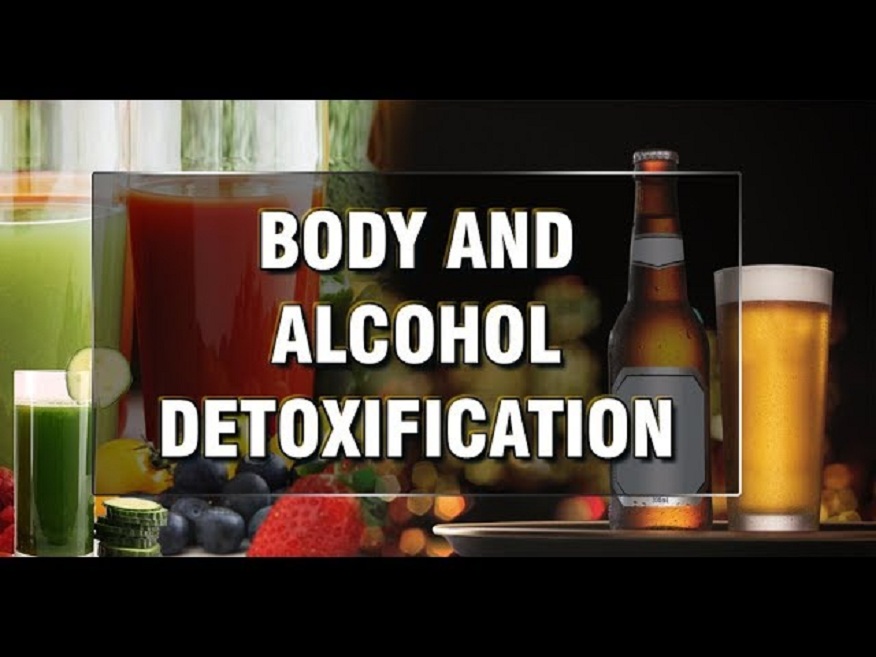Addiction to drugs or alcohol can cripple and perhaps kill millions of individuals worldwide. The effects of addiction extend beyond the body to include the mind and emotions. Substance abuse can have far-reaching effects on an individual’s life, causing monetary, relationship, and even legal troubles.
It takes a lot of bravery and dedication to decide to get addiction assistance. Self-detoxification is an option that some people may pursue despite the known risks to their health. Without medical supervision, overcoming an addiction known as “self-detoxification” can be extremely dangerous to a person’s physical and mental health.
Knowing the risks of detoxing on your own and why getting treatment from a professional is critical. This article will discuss the dangers of doing a self-detox and why it is necessary to get help for addiction. residential alcohol rehab. The following highlights the dangers of detoxing on your own and argues in favor of getting expert assistance.
Symptoms of Withdrawal
The most prevalent risk of self-detoxification is experiencing withdrawal symptoms. Withdrawal from alcohol or drugs can cause various negative physiological and psychological effects on the body. Shaking, convulsions, nausea, vomiting, hallucinations, anxiety, and depression are all examples of these symptoms, which can be quite severe.
These symptoms can be difficult to control without medical assistance, leading to major health problems. Brain damage can occur during a seizure, and organ failure might happen from severe dehydration brought on by vomiting. Hence seeking a residential alcohol treatment program is essential.
Problems with Medicine
Self-detoxification is risky because it might cause withdrawal symptoms and other medical issues. This is especially true for those who have underlying health issues that detoxification has the potential to aggravate. Detoxification can cause health problems for people with preexistingconditions. People with heart or lung illness may have trouble breathing, and those with diabetes may have trouble managing their blood sugar.
The possibility of Relapse Is Greater
Self-detoxing individuals are more likely to relapse if they do not have access to appropriate support and resources during the process. Some people who experience withdrawal symptoms find them so unbearable that they relapse and start abusing substances again. In addition, without proper support, it may be difficult to formulate a long-term strategy for maintaining sobriety, which may raise the probability of future relapse.
Disorders of the Mind
There are serious psychological dangers associated with detoxing on one’s own. The mental and emotional effects of detoxification can be more difficult to deal with than the physical ones. Detox can cause a variety of negative emotions and thoughts, including despair, anxiety, and suicide ideation. These mental health issues might worsen quickly if not addressed professionally. Check out alcohol addiction therapy
Lack of Responsibility and Encouragement
Addiction recovery is a difficult and time-consuming process that needs constant encouragement, direction, and monitoring. Maintaining motivation and commitment to the recovery process can be difficult without this kind of help, which can slow down the process and even lead to relapse if it’s not there.
In conclusion, self-detoxification has risks and may even harm your health. Getting professional help is the best way to manage withdrawal symptoms, avoid dangerous health consequences, and map out long-term sobriety strategies. Get assistance now if you or someone you know has an addiction problem.

